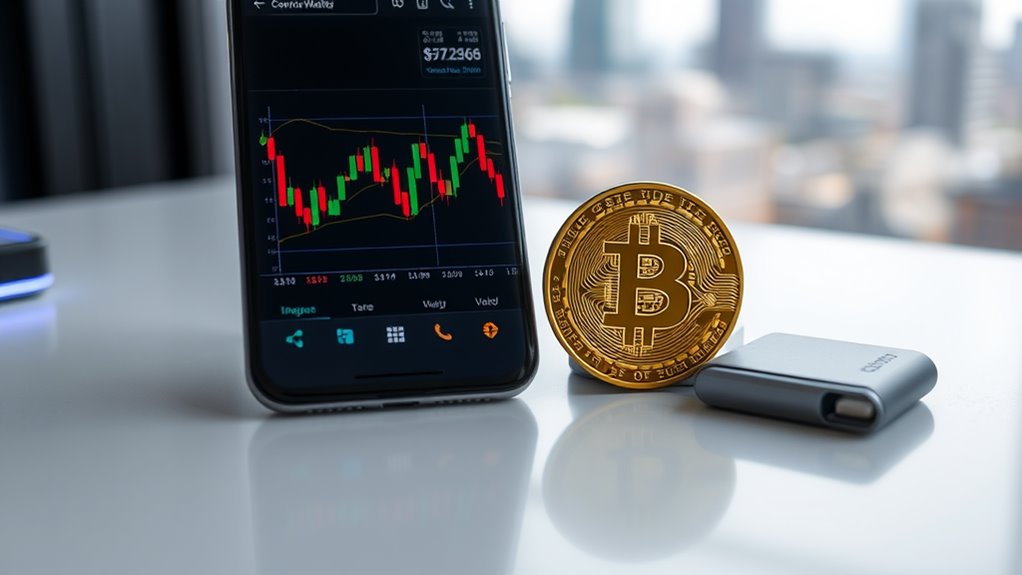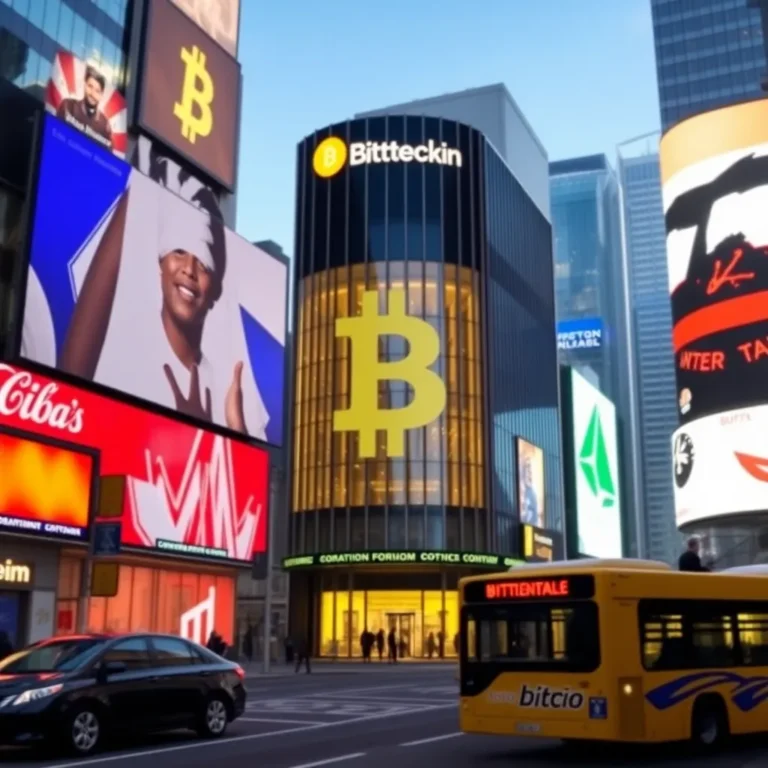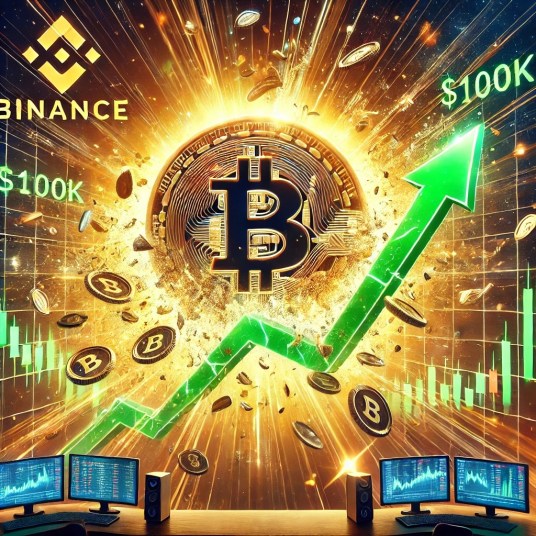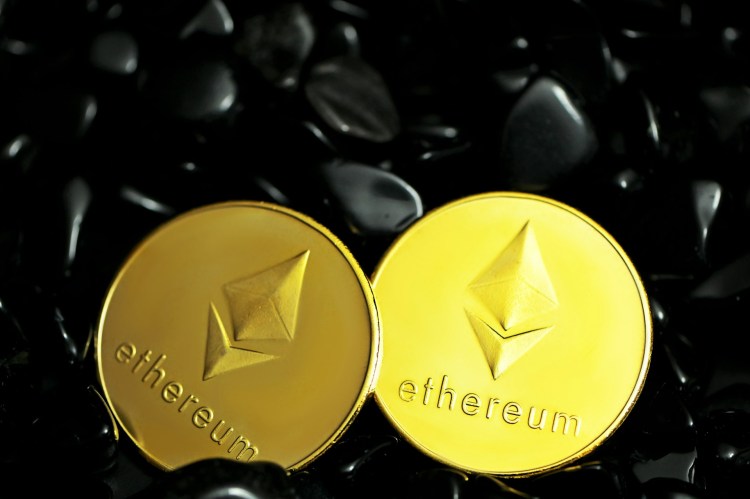How to Buy Crypto
Note: This post may contain affiliate links, and we may earn a commission (with No additional cost for you) if you make a purchase via our link. See our disclosure for more info. The crypto world is constantly changing. This content is for informational purposes only and not financial, legal, or professional advice So, please verify the info on the cryptocurrency provider’s websites.
Buying crypto isn't rocket science, but it can feel like it. Start by picking a platform—exchanges like Coinbase are user-friendly, while brokerages offer a personal touch (for a price). P2P marketplaces? Lower fees, but they come with risks. Set up your account, verify your identity, and link your payment method. And don't forget a secure wallet for your crypto stash. Confused? Stick around; there's more to uncover about exploring this wild world of digital cash.
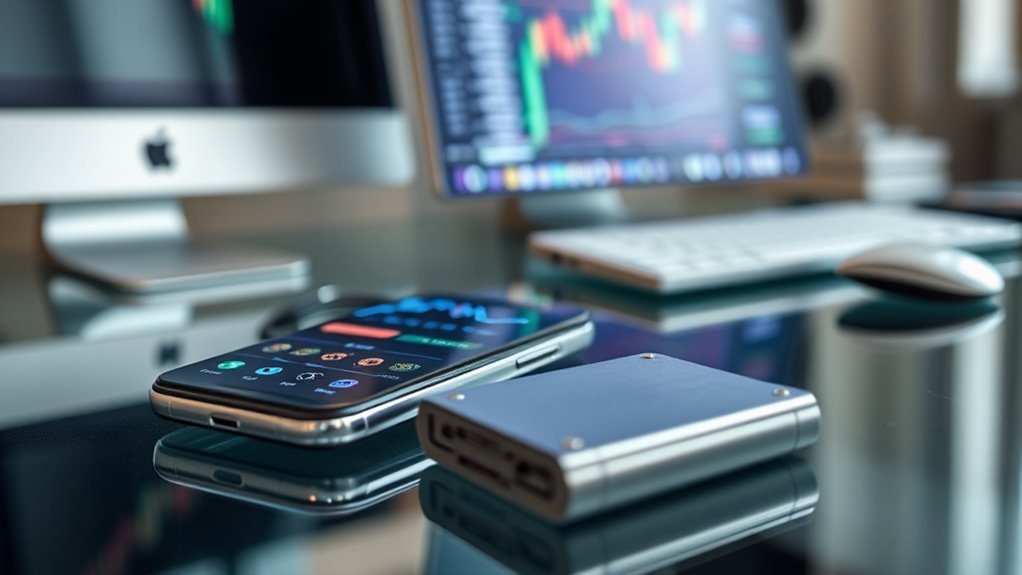
Buying crypto might seem like a challenging task, especially if someone has never ventured into the world of digital currencies before. But hey, it's 2023, and if you're still stuck in the dark ages, it's time to step into the light.
The first thing to tackle is choosing the right platform. You've got options, my friend.
Exchanges like Coinbase and Bybit are the big players in the game. They're user-friendly, easy to navigate, and they make buying crypto feel as simple as ordering pizza online. But let's be real; they might charge you fees that'll make your wallet weep.
If you're looking for something a bit different, consider brokerages. They often provide a more personal touch but can be pricier. Not exactly a bargain, right?
Then there are P2P marketplaces like 1inch and OpenPeer. These are the wild west of crypto-buying. You can trade directly with other people. No middleman, no hassle. But buyer beware! This option can be a bit sketchy. You could end up with a deal that's too good to be true. Spoiler: it usually is.
The choice of platform matters. Each has its pros and cons. Do you want convenience? Go for an exchange. Want to avoid fees? Try P2P. It's a bit like picking a restaurant. Do you want fast food or a fancy sit-down meal? Just remember, you're not just picking a platform; you're selecting your adventure in the crypto jungle.
Choosing your crypto platform is like picking a restaurant—fast food for convenience or a fancy meal to savor the experience.
Once a platform is chosen, the next steps are all about creating an account, verifying identity, and, yes, linking a bank account or card. It can feel like jumping through hoops. Additionally, be aware of transaction fees as they can vary significantly across platforms and affect your overall investment. Understanding blockchain technology is essential, as it underpins how cryptocurrencies operate and ensures the security of your transactions. Before making any purchases, you should set up a secure cryptocurrency wallet to safely store your digital assets.
But in the end, if you want to score some of that sweet, sweet crypto, it's a necessary evil. Welcome to the future. Or maybe it's just a rollercoaster ride. Buckle up!
Frequently Asked Questions
What Are the Tax Implications of Buying and Selling Crypto?
When it comes to buying and selling crypto, the tax implications can be a real headache.
Selling for fiat? Expect a capital gains tax bite. Trading one crypto for another? Yup, that's taxable too. Using crypto for goods? Surprise! That's a sale.
Even earning crypto as income brings ordinary income tax into play.
But hey, buying crypto with fiat? No tax yet.
Just keep track of everything—because the IRS loves details!
Can I Buy Crypto With a Credit Card?
Sure, buying crypto with a credit card is possible. Major platforms like CoinGate and Paybis let you swipe away for Bitcoin and Ethereum.
But hold on! You'll need to verify your identity—bring that government ID.
Fees? Oh, they love those. Expect higher costs, especially if your card treats it as a cash advance.
Instant purchases? Sometimes, but don't count on it. Just be prepared for the rollercoaster ride of crypto volatility.
How Do I Securely Store My Crypto?
Storing crypto securely? It's a jungle out there.
Hardware wallets? Gold standard for long-term keeping.
Software wallets? Sure, if you like living on the edge.
Paper wallets? Good luck not ruining them.
Crypto exchanges? High security risk, my friend.
Best practice? Mix hot and cold wallets.
Backup those keys like your life depends on it.
And please, don't share your private keys. That's just asking for trouble.
Stay smart, stay safe.
What Are Gas Fees and How Do They Work?
Gas fees? Oh, they're the annoying little costs that come with blockchain transactions.
Think of them as the tolls for using the digital highway. They vary wildly, depending on how congested the network is or how complicated your transaction is.
More gas means more fees. And yes, even failed transactions will still hit your wallet.
Is Cryptocurrency Investing Safe for Beginners?
Is cryptocurrency investing safe for beginners? Well, that's a loaded question.
Think wild price swings, like a rollercoaster ride—fun until you realize you're upside down.
Security? Hackers love to feast on exchanges.
Scam risks? Oh, they're everywhere, like that annoying fly at a picnic.
Regulations? Good luck keeping up!
In short, it's a risk-filled jungle out there. Beginners might want to think twice before diving in headfirst.

